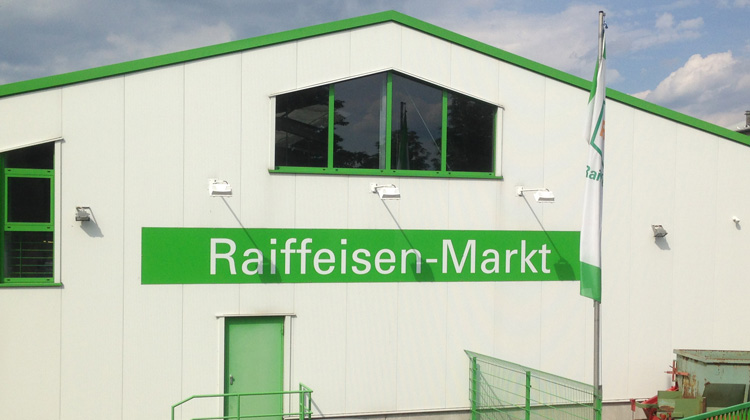
The origins of the idea of the cooperative date as far back as the 19th century. The cooperative principle, however, is just as current as ever. Democratic processes have been closely tied to cooperative participation since day one. Online elections can thus carry cooperative democracy into the 21st century. Continue reading
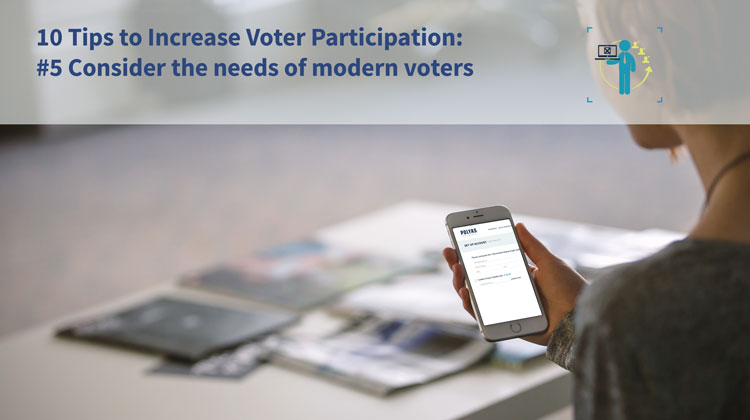
It is nothing new that especially the younger generations spend a majority of their lives online. Almost everywhere you see people with smartphones or tablets, and 87 per cent of all German households have computers with internet access (source: Statista 2015). One may find that bad – yet it also comes with a wealth of […]

There is no lack of ideas for increasing voter participation. Some of them however, such as massive motivation campaigns, generate incredible organisational expenses, require a lot of planning and cannot be implemented particularly quickly. Yet others follow the saying, “Little cost, major effect.” One of these measures that can affect a lot of change has just six letters.
After the resignation of Ed Miliband, the British Labour Party will elect a new party chairman in late summer. Labour is also utilising an online voting system for this internal party elections. Continue reading
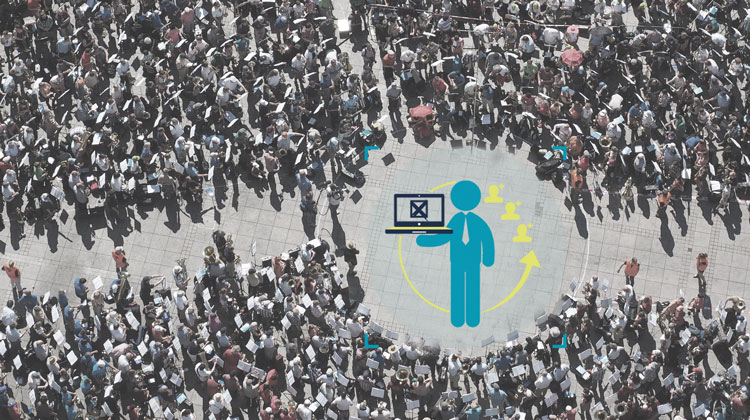
During the Bundestag election in 2013 it became clear that the imbalance in voter participation is growing. According to the study “Divided Democracy – Political Participation and Democratic Satisfaction before the Bundestag Election 2013” from the Bertelsmann Stiftung, the election results were “no longer socially representative”[1].
It became apparent that the basis of this imbalance can primarily be attributed to the social gap among the voters. To put it bluntly: Well-off portions of the population went to vote, and those with a weaker social position did not. The fact that entire social milieus behaved similarly mainly has to do with “belonging”, as do many other causes examined.
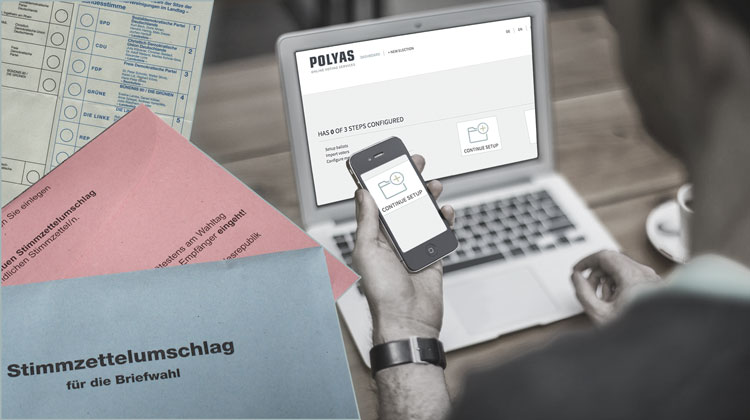
Taking part in a vote without having to leave the house on Election Day? Or casting a ballot when you want, when you’re able? These are the benefits of postal votes – and online voting as well. The comfortable online ballot process does, however, have additional advantages over voting by post. Continue reading
Right after the Landtag election in Bremen the subject of decreasing voter participation was openly discussed once more. Less people continue to vote, partially because less people now believe that they can change anything. The key to voter participation is called motivation – belonging to something, being able to change or participate in something.
Motivation can be created through the proper approach. The functional approach, or directly addressing the voter with their role, can be expanded through personalisation.
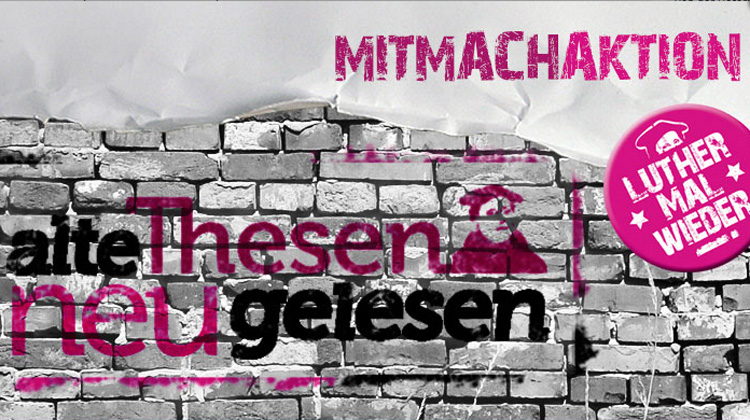
Luther’s posting of his theses is celebrating its 500th anniversary in two years. In honour of this the Evangelical Church of Kurhessen-Waldeck (EKKW) has organised a join-in fundraiser for church communities under the motto “Alte Thesen neu gelesen” (“Old theses read anew”). POLYAS is happy to support this competition with prize money. Continue reading

There are several reasons why people decide not to partake in an election. One of the most frequent is, “It doesn’t make a difference anyway!” This is a short sentence with a large statement behind it. Because if you listen closer, at least part of this sentence is claiming, “I myself cannot change anything.” Getting […]
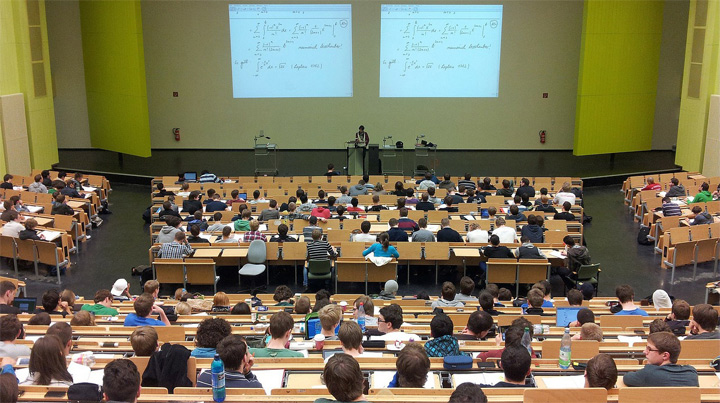
The democracy of universities is a precious asset. Democratic processes allow students, faculty and professors to have influence on the self-administration of the university by being represented by elected individuals on various committees. At the same time, the complexity of university elections also brings about great financial and personal expense. Continue reading
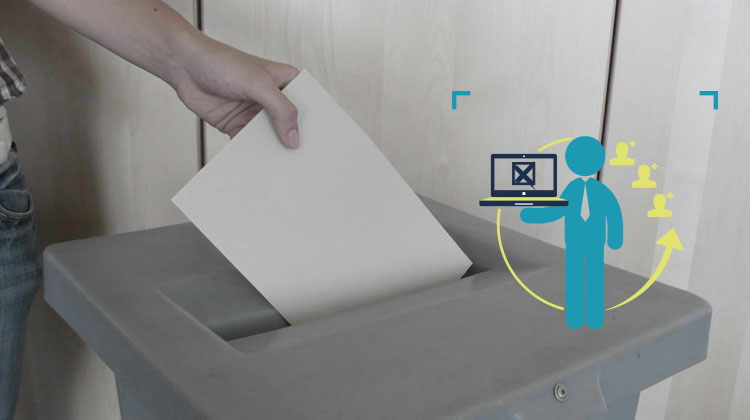
Voter turnout for the elections to the Bremen state parliament last Sunday was the lowest ever experienced in a West German Federal State and has rekindled the debate over how to reduce voter apathy in future. Studies, surveys and experience domestic and abroad tell us that online voting can help to reverse the negative trend. Continue reading
Today the European Commission released its strategy to establish a unified digital single market. The digitalisation of society also requires additional digitalisation of the democratic processes. One crucial step on this path is the Europe-wide unification of the security profiles for online voting systems. Continue reading